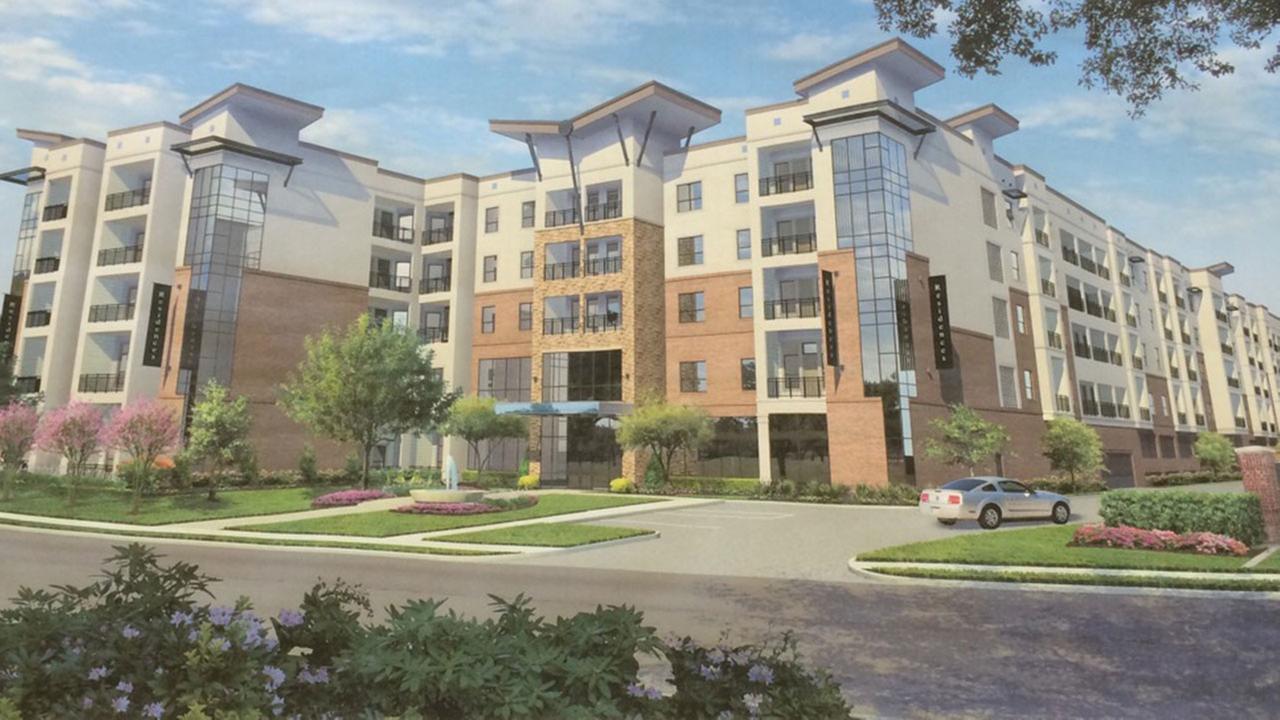The United States Department of Housing and Urban Development, or HUD, began offering public housing to ensure that all individuals, including those with disabilities, those from low-income families, and senior citizens, have access to safe, reasonable accommodations. Public housing comes in many forms including low-income apartments as well as single-family homes. These properties are managed by housing authorities who receive federal aid from HUD. Residents do have to pay rent to occupy these dwellings, but the price is set at a level that is affordable to the occupant. To qualify for public housing, individuals must meet these three qualifications.
Annual Gross Income
As public housing is only available to residents who are considered low income, an individual or family’s annual gross income is an important determination as to whether or not they qualify for housing. HUD develops income limits that are utilized by housing authorities when evaluating residents. Acceptable income levels vary depending on an applicant’s family size as well as the location of the housing. The lower income limit is 80 percent of the median income for the county or metropolitan area in which the housing authority is located, while the very low-income limit is 50 percent of this amount.
Three Qualifications for Residents of Low-Income Apartments Share on XApplicant’s Family Size and Status
While income significantly determines an applicant’s eligibility for public housing, housing authorities also look at the applicant’s family size. The larger the applicant’s family size, the higher their income can be. The housing authority will also consider other factors to determine eligibility, such as whether or not the applicant has a disability or is elderly.
United States Citizenship or Immigration Status
To qualify for low-income apartments or any type of public housing, applicants must be United States citizens or have an eligible immigration status. Applicants must verify this and all other information on their applications by providing supporting documentation.
Once the requirements are met, the housing authority will proceed by checking the applicant’s provided references. If it is suspected that the prospective resident may engage in activities or behavior that would negatively affect their neighbors or the neighborhood as a whole, they can reject the application. Immediate housing will be provided for approved applicants; however, if none is available, the applicants will be placed on a waiting list. Should the housing authority decide that someone is ineligible, they must provide an explanation and the applicant can request an informal hearing if desired.
Residents of low-income apartments or other forms of public housing are required to sign leases, and may also be responsible for providing a security deposit. Residents are allowed to stay in their dwellings as long as they are in compliance with the lease. If the family experiences a change that would allow them to afford rent elsewhere, the housing authority can reevaluate if the resident can remain in the public housing or not.
–EZINEARTICLES

